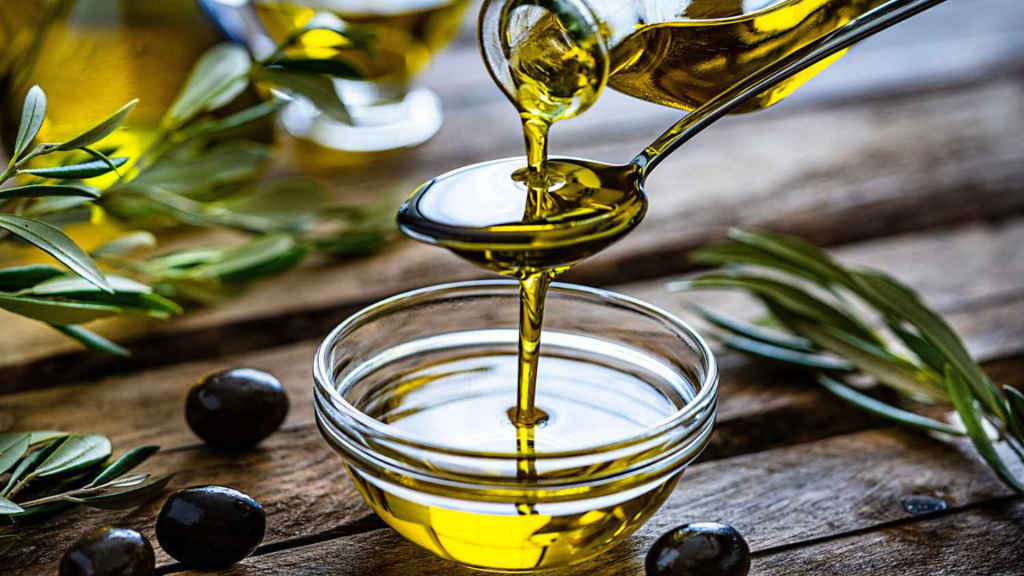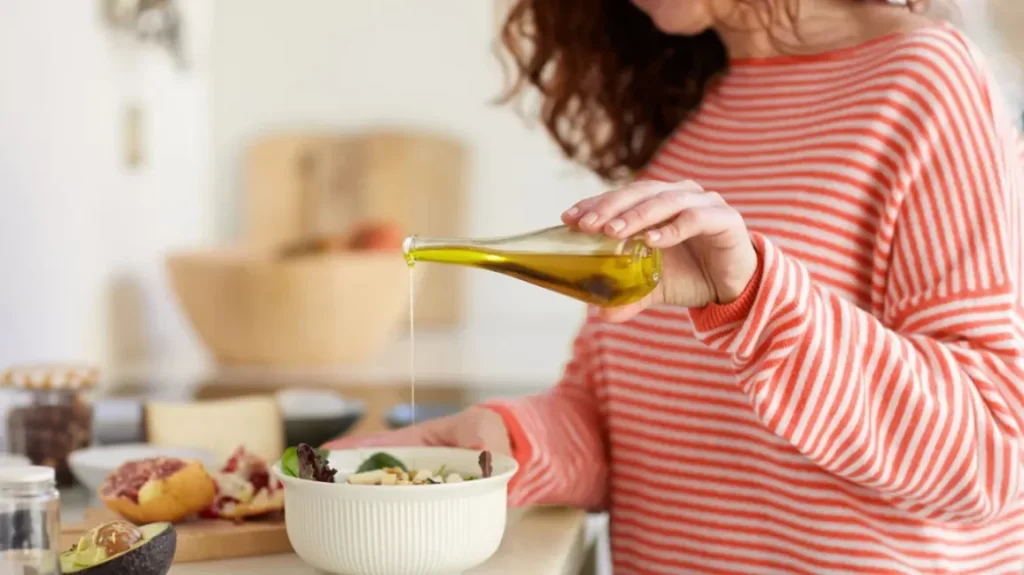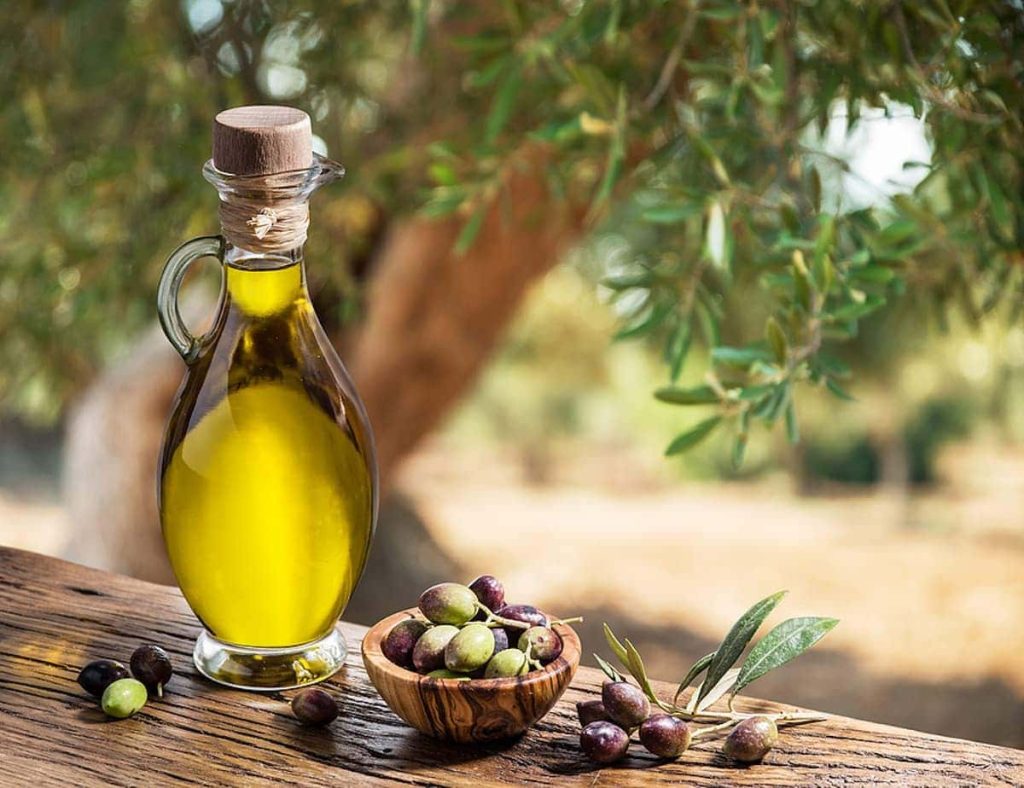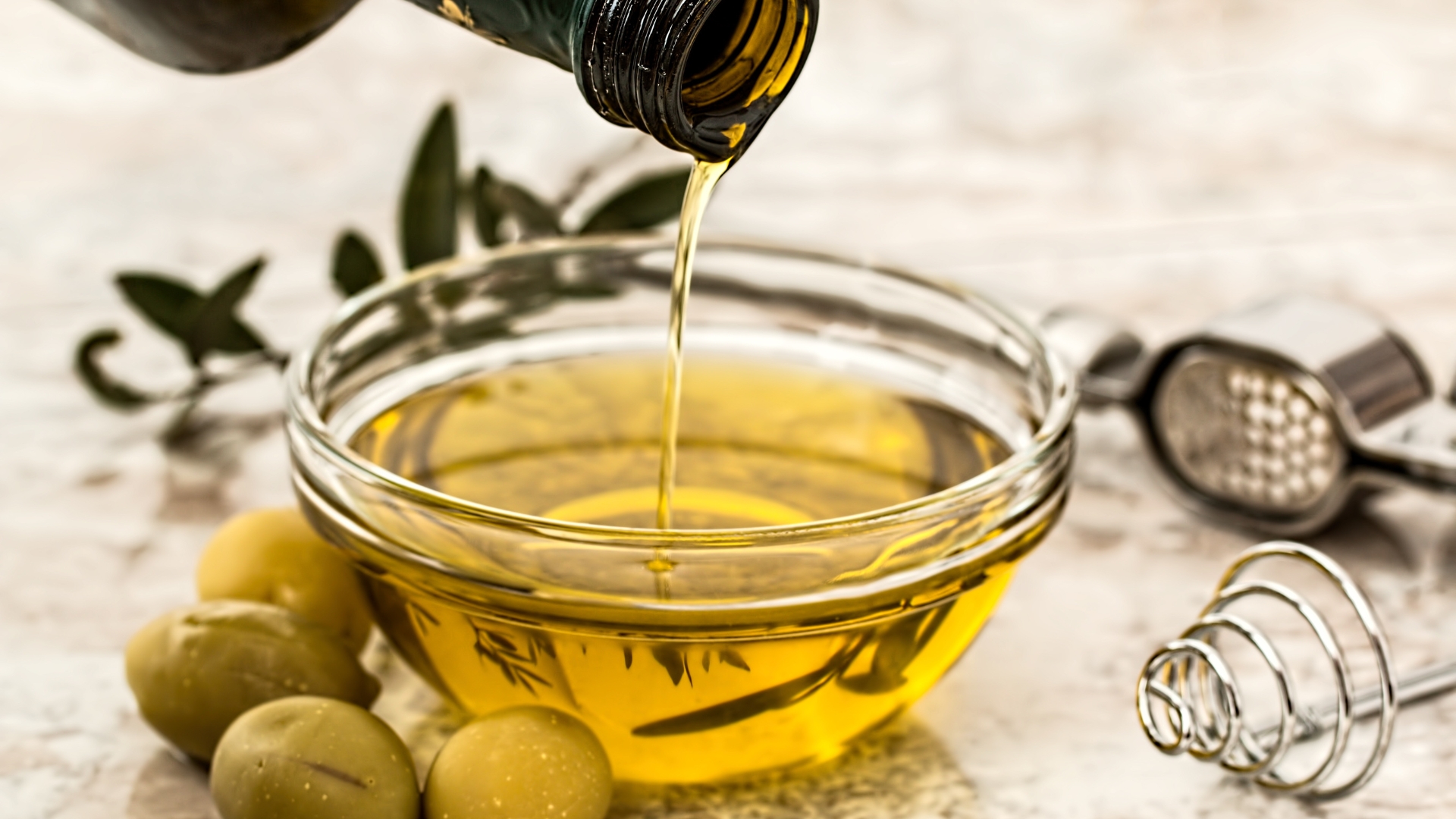By Lisa Radinovsky from Greek Liquid Gold.
Countless headlines proclaim the high price of olive oil. Climate change-induced heatwaves, droughts, floods, and fires have drastically reduced global olive oil production levels. Coupled with high prices for energy and labour, this has driven prices to record highs. So is olive oil worth what it costs? Yes: its flavour and health benefits make it priceless.
Health Benefits:
Andreas Venakis of Efkrato emphasises that “good olive oil is worth every penny! If you don’t spend your money for it, you will spend it for healthcare.” Dimitrios Mourlas of G-Team – Hypereleon similarly points out, “where extra virgin olive oil is produced and consumed, there is health and longevity.”
As Alexis Karabelas of A.M.G. Karabelas P.C. and The Olive Temple adds, “extra virgin olive oil is very important for the whole world. Our lives have become so fast-paced that we do not have time for a balanced diet. We therefore need to include in our diets as many superfoods as possible. Polyphenol-rich olive oil is one of them. Moreover, the more olive oil we consume, the less animal fat we use.”
Giovanni Bianchi of Argali explains it this way: “a person who wants a safe or high performance car would not hesitate to spend a lot of money on a good model. In the same way, those who care about their health or are passionate about food and want a quality product choose to buy extra virgin olive oil. In fact, more and more studies ascertain that olive oil is an essential and very useful food for maintaining good health.”

Indeed, both the European Union and the US Food and Drug Administration (FDA) have officially acknowledged some of olive oil’s health benefits, and recent scientific studies have provided evidence for many more. Often using Greek extra virgin olive oil (EVOO), many of these studies have focused on the importance of olive oil’s phenolic compounds (polyphenols) and their antioxidant, antimicrobial, and anti-inflammatory properties, which enable them to help prevent numerous diseases.
Evidence suggests that extra virgin olive oil, the healthiest and tastiest type of olive oil, can help fight off heart attacks, stroke, type 2 diabetes, high blood pressure, high cholesterol, rheumatoid arthritis, breast cancer, atherosclerosis, and Alzheimer’s disease, among other illnesses and conditions.
In comparison to other edible fats – especially animal fats and other saturated fats – extra virgin olive oil leaves all the rest far behind, health-wise. One particularly high phenolic Greek extra virgin olive oil has been officially approved as a food supplement that can be sold in pharmacies in some European countries. Scientific studies on another natural early harvest EVOO product, MICOIL, show that it may safely help prevent Alzheimer’s. Other Greek EVOOs frequently show up among the top winners in competitions focused on olive oil’s health benefits.

Many Flavours and Many Uses:
Of course, extra virgin olive oil is first and foremost a food and a flavour enhancement that can brighten up almost any meal.Like fine wine, extra virgin olive oil offers numerous flavour choices that depend on various factors, such as terroir, cultivation and production practices, harvest time, and fruit variety. EVOO can be selected according to your preference for mild or intense flavours, for more spiciness or fruitiness, and based on the planned food pairing.
Naturally, extra virgin olive oil can be used for dipping bread, making marinades and sauces, and dressing salads. It can also be added to cooked vegetables, legumes, fish, meat, eggs, and cheese. It can enrich most finished dishes with its distinctive flavour. In Greece, olive oil is so central to the cuisine that a series of olive-oil-rich stews and casseroles are called “ladera,” or “oily” dishes. Olive oil works beautifully in cakes, muffins, and certain types of cookies, and it adds zest to ice cream and chocolate mousse.
Using carefully stored olive oil raw best preserves all its nutrients, but many nutrients also remain after cooking at any normal home cooking temperature, making EVOO perfect for baking, frying, sautéing, and stewing. It is central to the famously healthy traditional Mediterranean diet, and has been for millennia.

Social and Environmental Considerations:
For many years, untold numbers of olive farmers in countries such as Greece have had trouble making ends meet as they receive prices for their oil that barely yield a profit after the cost of cultivation, grove care, harvest, transportation, equipment, and labor is subtracted. This has had a substantial impact in the major olive oil producing countries, where olive farming has engaged a significant percentage of farming families, but struggling farmers have also abandoned unprofitable olive groves.
While no one wants this precious liquid gold to be out of reach for average consumers, its true value needs to be recognized to avoid the abandonment of groves that benefit the planet’s health as well as our own. The International Olive Council has demonstrated that by acting as carbon sinks and helping to prevent desertification, olive groves help fight climate change.
Yes, of course extra virgin olive oil is worth the money. What else can enhance your food’s flavour in such exciting ways while providing a long list of benefits for both human beings and our planet?
*Originally published on Greek Liquid Gold: Authentic Extra Virgin Olive Oil (greekliquidgold.com). See that site for recipes with olive oil, photos from Greece, agrotourism and food tourism suggestions, and olive oil news and information.
